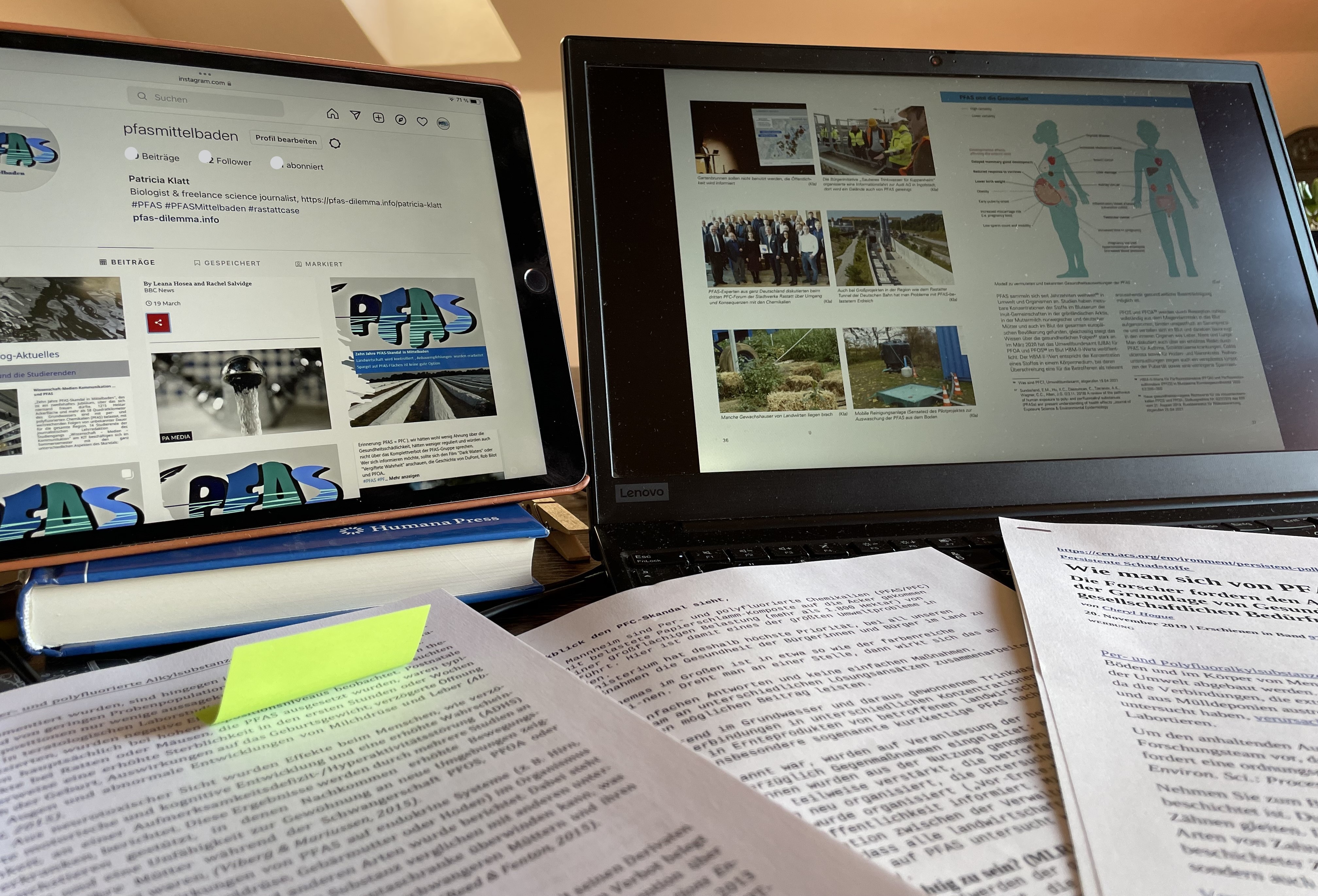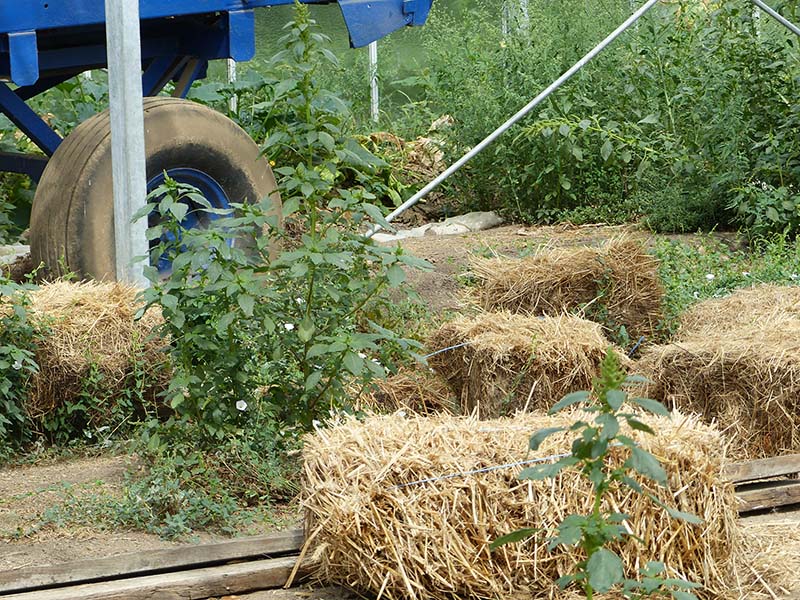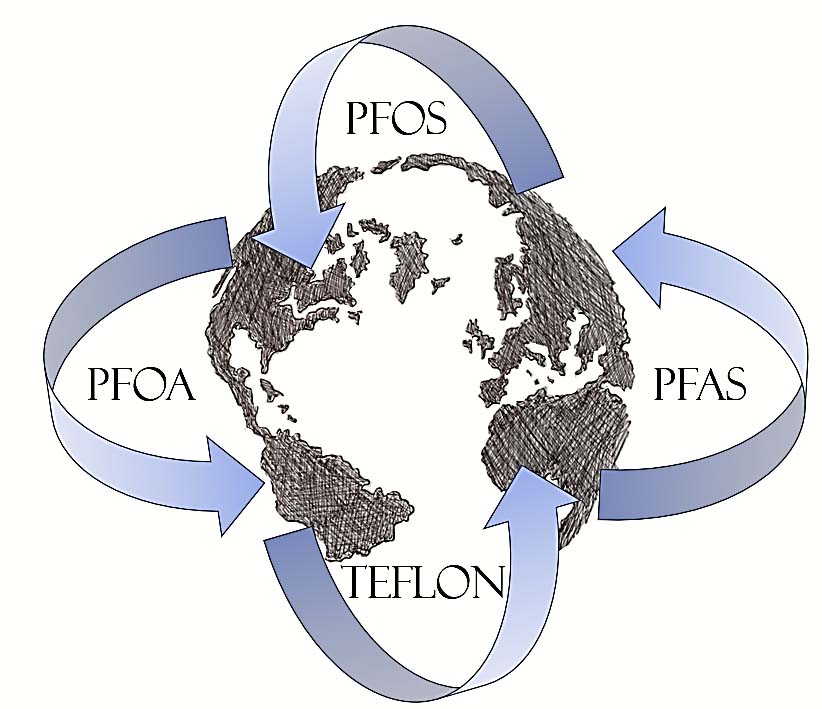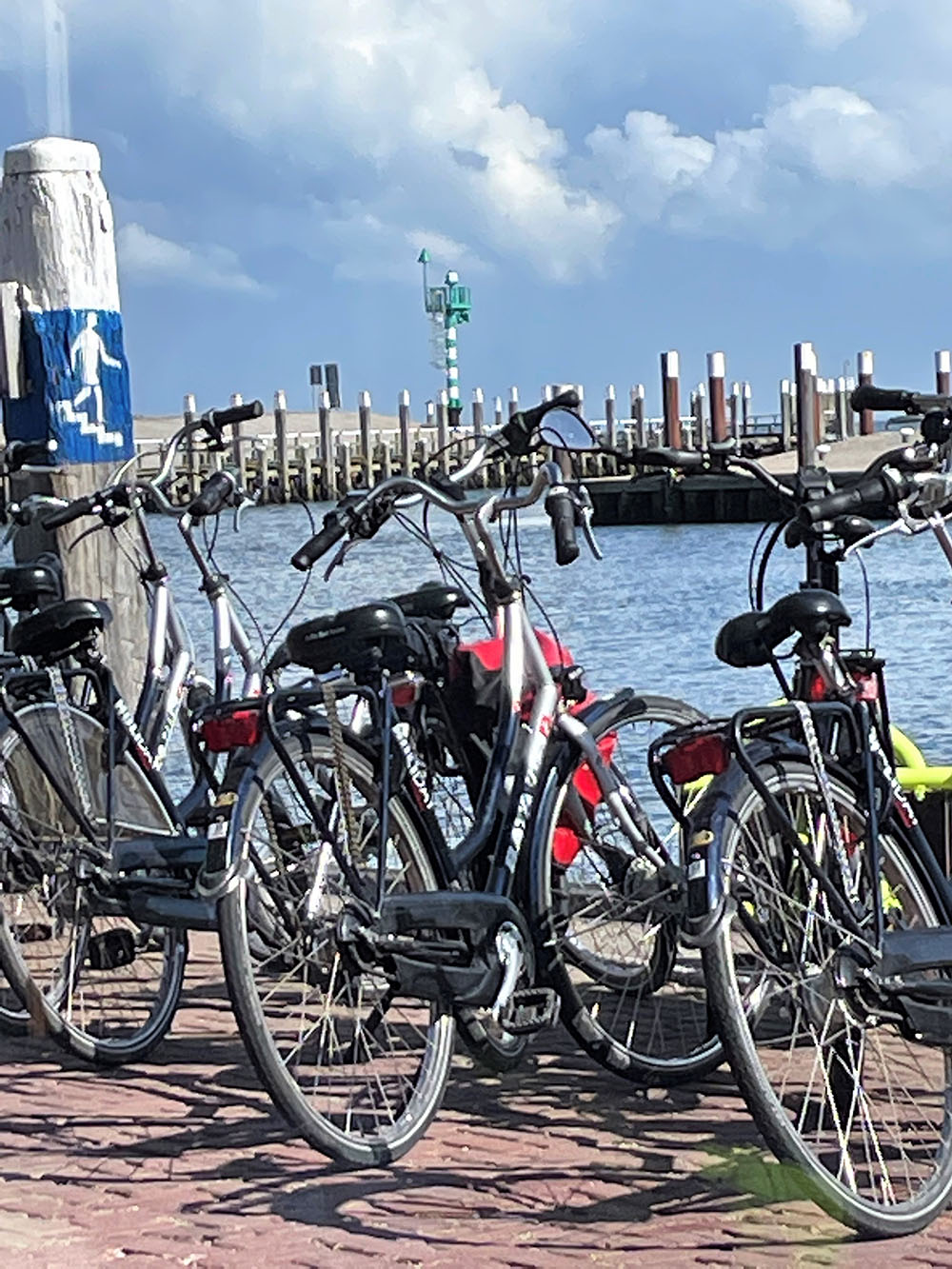PFAS-Gespräche
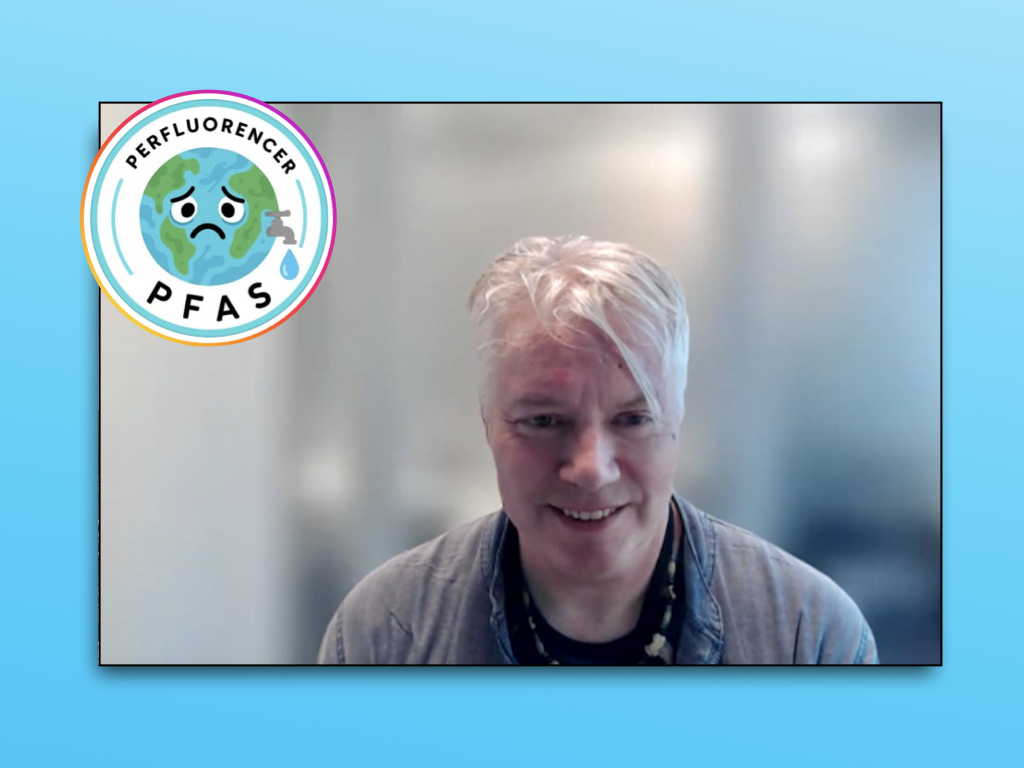
- Details
This interview is part of the student-led Instagram project @perfluorencer, developed as part of the Science – Media – Communication program at the Karlsruhe Institute of Technology (KIT). Over several months, the team explored PFAS – per- and polyfluoroalkyl substances, also known as “forever chemicals.” These substances are found in rain jackets, fast food wrappers – even in our blood. But who's responsible? And how do we get out of this mess?
To find out more, Sarah Moritz and Liz Trupke spoke with Prof. Dr. Hans Peter Arp, environmental chemist at the Norwegian Geotechnical Institute (NGI), professor at NTNU in Trondheim, and lead coordinator of the EU project ZeroPM.
His mission: understanding how harmful substances enter the environment – and how to stop them. Tune in – Arp has a lot to say.
With the kind permission of all involved, I am pleased to share this interview here in the section “PFAS-Gespräche” on pfas-dilemma.info.
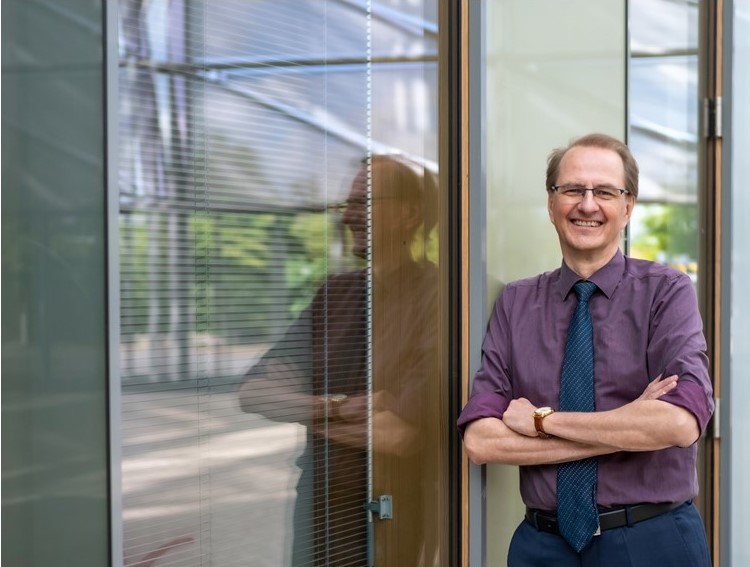
- Details
Prof. Dr. Dirk Messner leitet das Umweltbundesamt (UBA) seit dem 1. Januar 2020. Alle Themen, mit denen sich das Umweltbundesamt beschäftigt, stehen für ihn ganz oben auf der politischen Agenda: Dazu gehören auch die PFAS; die Ewigkeitschemikalien, die auf europäischer Ebene reguliert werden sollen. „Das Umweltbundesamt als größte europäische Umweltbehörde kann und muss Impulsgeberin und Vorreiterin der nationalen und europäischen Umweltpolitik sein“, sagt Messner.
Er beantwortete mir meine Fragen nach der Konferenz des UBA: „PFAS in soil – forever pollution, forever concern?“ vom 25. bis 26. März 2025 in Berlin.
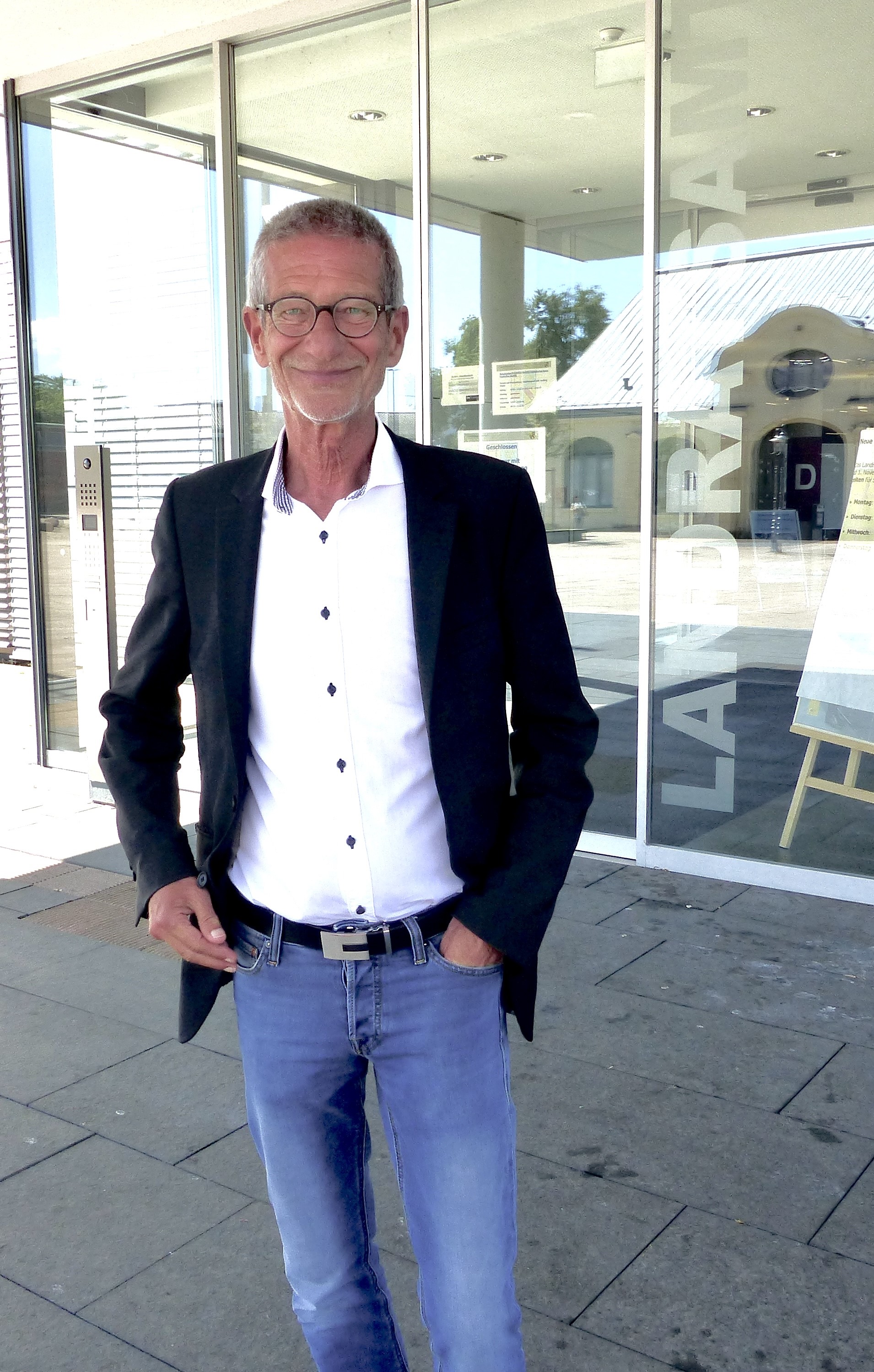
- Details
PFAS – diese kaum abbaubaren Chemikalien sind seit rund 80 Jahren in unserer Umwelt und mittlerweile in nahezu allen Ökosystemen nachweisbar. Dennoch bleibt die Regulierung der etwa 15.000 verschiedenen PFAS-Verbindungen ein kontroverses Thema.
Angesichts der neuesten Erkenntnisse des „Forever Lobbying Projects“, das die Strategien der Chemielobby aufdeckt, habe ich erneut mit Reiner Söhlmann gesprochen. Seit einem Jahrzehnt leitet er die PFAS-Geschäftsstelle im Rastatter Landratsamt und ist Ansprechpartner für Bürger, Unternehmen, Universitäten sowie Behörden und Medien. 🏛️📞
Wie bewertet er die aktuelle Situation? Welche Erfahrungen hat er gesammelt, und welche Rolle spielen Politiker bei der Bewältigung der PFAS-Belastung? 👥💬
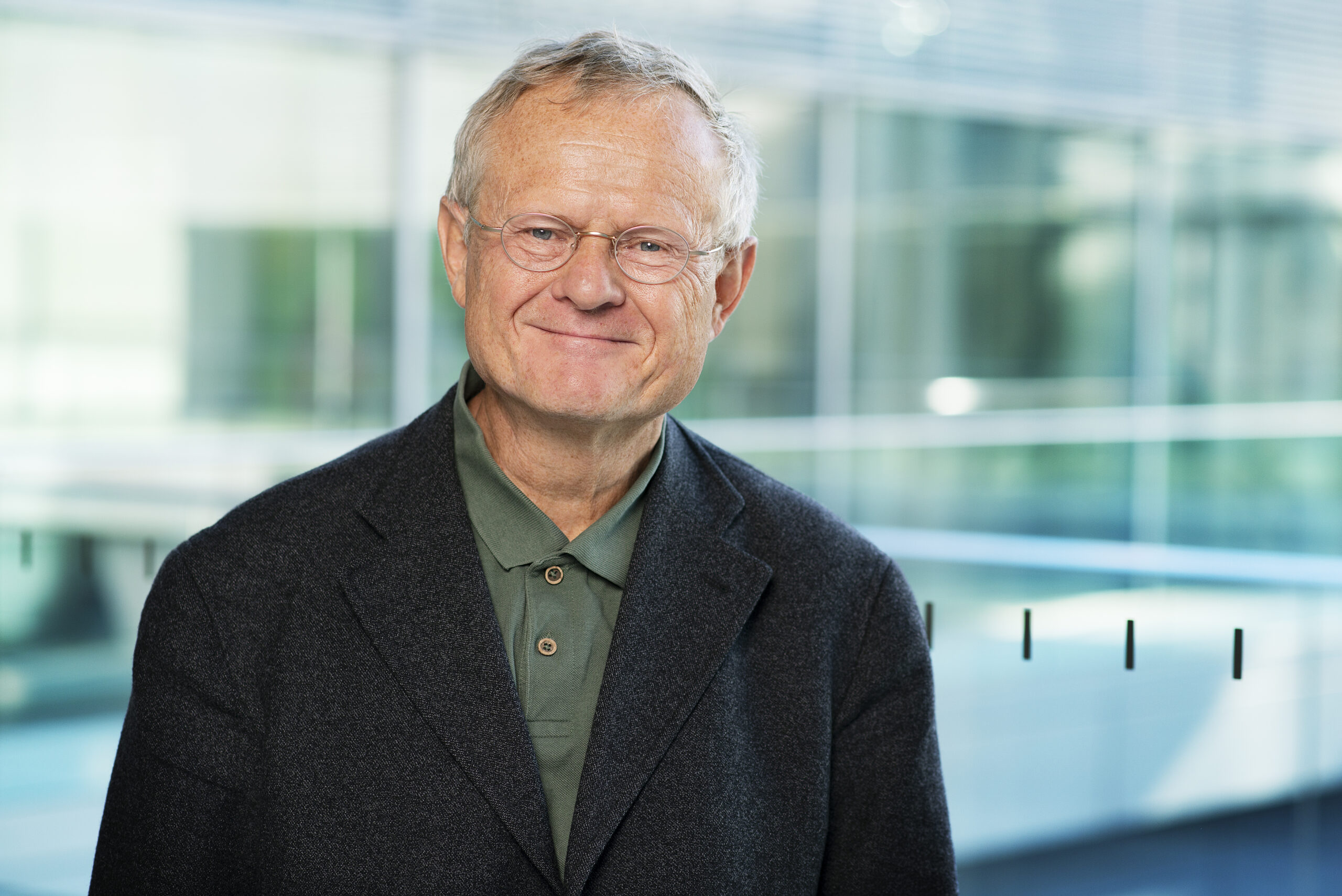
- Details
Prof. Dr. Armin Grau, geboren 1959 in Stuttgart, ist Neurologe und seit 2021 Bundestagsabgeordneter für Bündnis 90/Die Grünen. Nach seinem Medizinstudium und der Habilitation übernahm er 2003 die Leitung der Neurologischen Klinik am Klinikum Ludwigshafen. Im Bundestag engagiert er sich insbesondere in den Bereichen Gesundheits- und Umweltpolitik und setzt sich intensiv mit den Risiken von PFAS-Chemikalien auseinander, um gesundheitliche und ökologische Schäden zu minimieren. Ich habe mit Ihm über PFAS aus seiner Sicht des Politikers gesprochen.
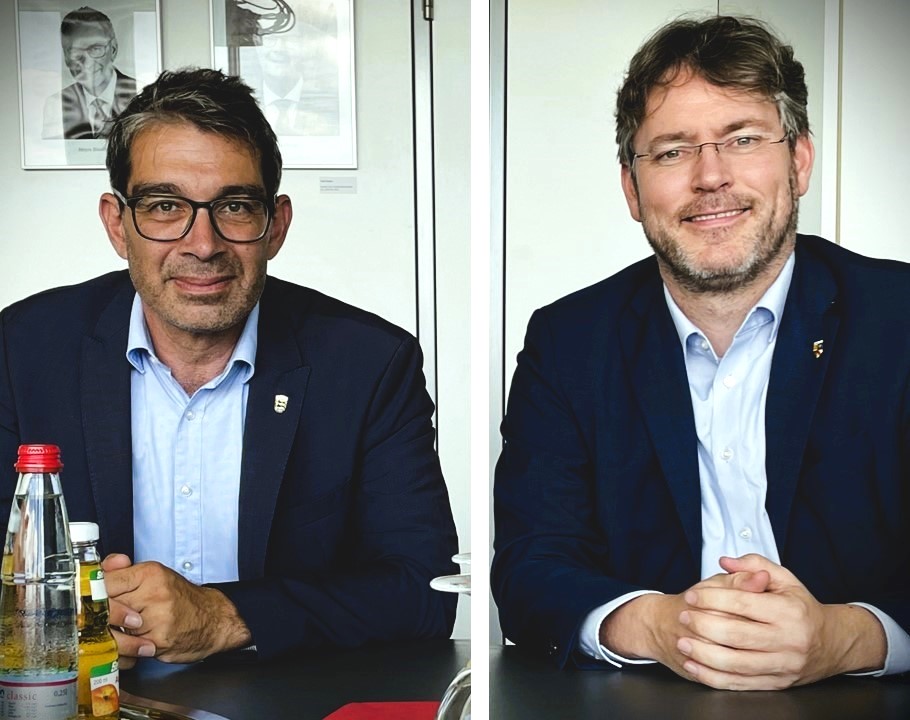
- Details
Die Region zwischen Rastatt und Bühl steht vor einer enormen Herausforderung: Weite Teile des Gebiets sind durch eine Mischung verschiedener PFAS belastet, verursacht durch die Ausbringung von Papierschlamm-Kompost. Diese PFAS-Belastung hat weitreichende Auswirkungen auf die Umwelt und die Gesundheit der Menschen in Mittelbaden, da diese Chemikalien potenziell gesundheitsschädliche Effekte haben können. Diese Situation erfordert ein effektives Management vor Ort. (PFAS Mittelbaden). Um das zu ermöglichen und die notwendigen finanziellen Mittel bereitzustellen, ist auch eine enge Zusammenarbeit der politischen Akteure unerlässlich. Der direkte Austausch und „kurze Wege“ zwischen den Verantwortlichen spielen dabei ebenso eine Rolle wie auch die Transparenz und Kommunikation.
Aus diesem Grund trafen sich der Landrat des Landkreises Rastatt, Prof. Dr. Christian Dusch, und der Staatssekretär im Umweltministerium, Dr. Andre Baumann, mit mir zu einem PFAS-Gespräch im Landratsamt. Ebenfalls dabei waren Reiner Söhlmann, der Leiter der PFAS-Geschäftsstelle sowie Michael Janke, der persönliche Referent des Landrats. Gemeinsam diskutierten sie, wie die Auswirkungen von PFAS auf die Region Mittelbaden besser adressiert und langfristige Lösungen gefunden werden können.
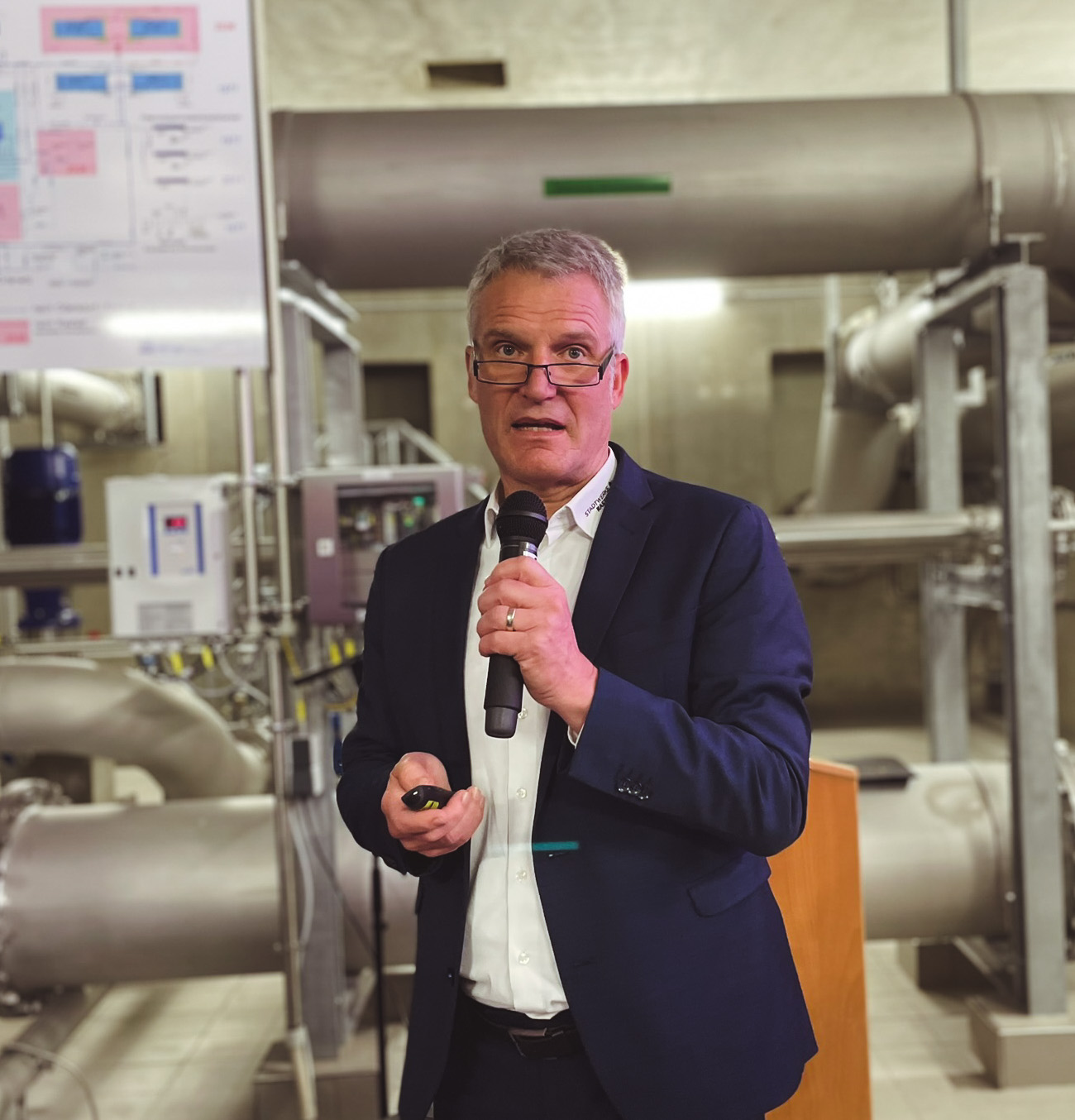
- Details
Olaf Kaspryk ist seit 2009 Geschäftsführer der Stadtwerke Rastatt und kämpft seit Ende 2012 gegen die PFAS-Verunreinigung im Trinkwasser. Ein Wasserwerk wurde infolgedessen stillgelegt und dient nun Forschungszwecken, während zwei weitere Wasserwerke in Rauental und Ottersdorf mit Aktivkohlefiltern nachgerüstet wurden, um die Schadstoffe aus dem Rohwasser zu filtern. Rund 58 Quadratkilometer des Grundwassers sind mit PFAS belastet, eine Sanierung ist nicht möglich.
Die Stadtwerke haben den mutmaßlichen Verursacher der PFAS-Belastung auf Schadensersatz verklagt und klagen zusammen mit der Stadt Bühl auch gegen das Land Baden-Württemberg, um zu erreichen, dass die Grundwasserbelastung der Region im Bewirtschaftungsplan Oberrhein und das daraus entwickelte Maßnahmenprogramm aufgenommen wird.
Mit Workshops, Führungen und einem umfangreichen PFAS-Teil auf ihrer Homepage setzen sich die Stadtwerke Rastatt aktiv für Aufklärung und Lösungen ein. Sie sind in diesem Bereich gut vernetzt und Teil des europäischen Forschungsprojektes ZeroPM.
Für ihren Umgang mit den PFAS-Folgen wurden die Stadtwerke mit dem Nachhaltigkeitspreis 2024 des Wirtschaftsmediums ZfK ausgezeichnet.

